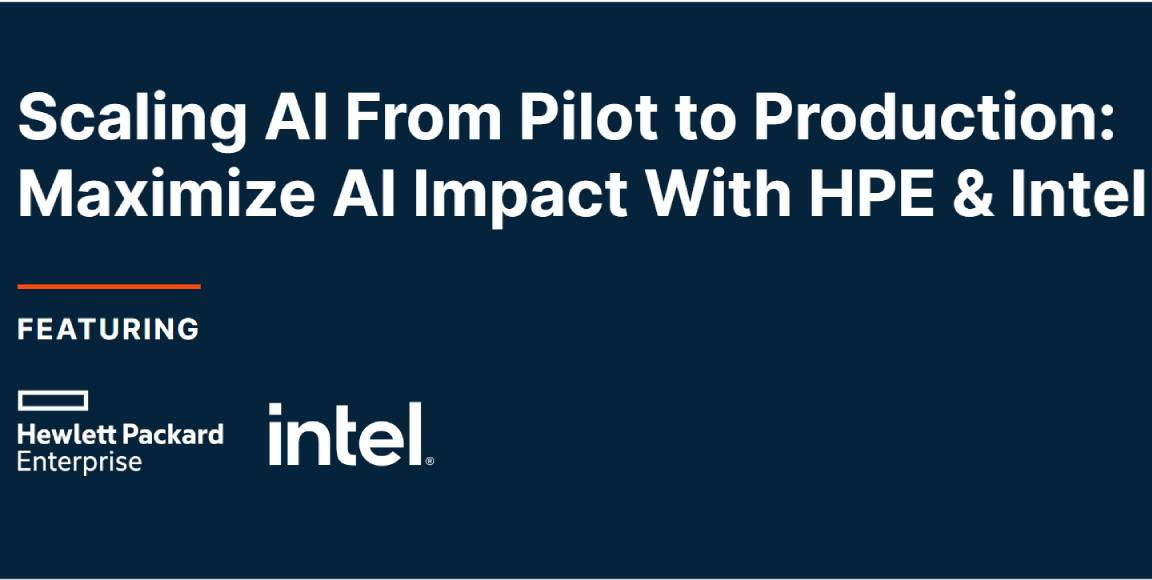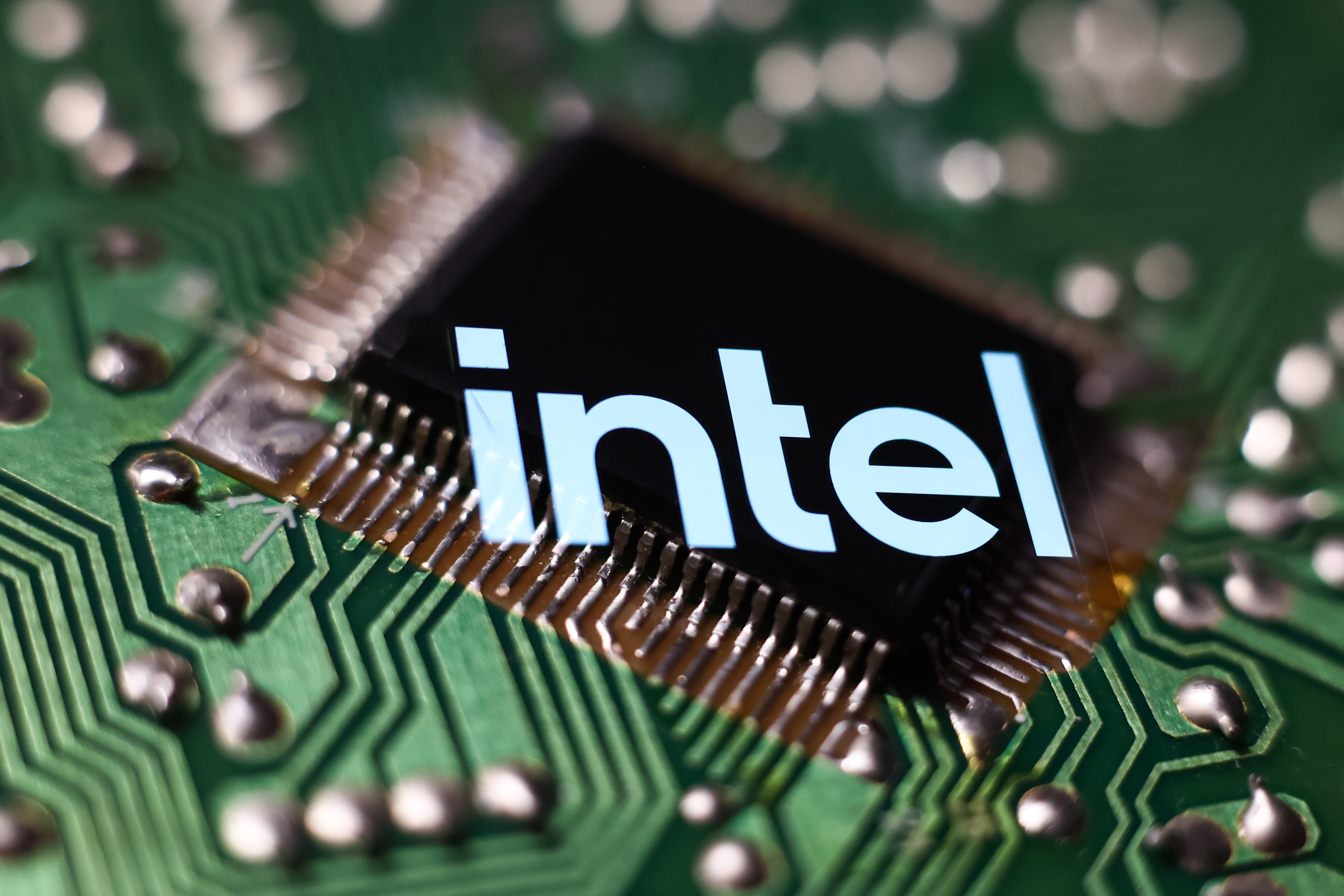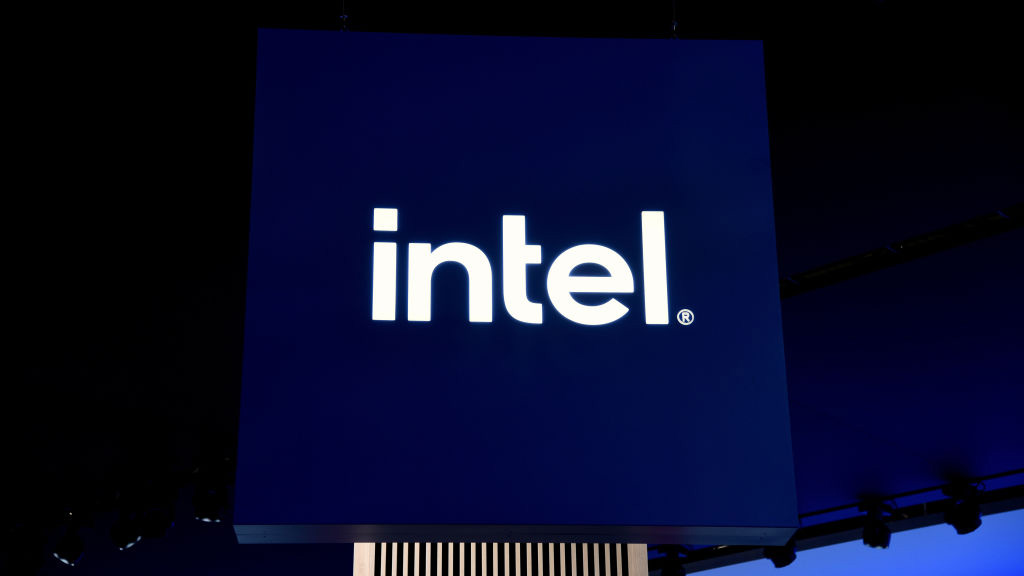Intel launches Xeon E3 family
The chipmaker unveils a new Xeon range aimed at low-powered microservers.


Intel launched a new range of processors late yesterday, designed for low-powered servers.
The Xeon X3 family consists of seven new chips which, although usable for other platforms, are being targeted at the ever growing microserver market populated by boxes from the likes of Dell, Tyan and SeaMicro.
Microservers are becoming an increasingly popular alternative to your classic server as the chassis contains just one chip and, at a fraction of the size of a blade or rack server, they can enable a company to fit more boxes into their data centre.
UK-based chip manufacturer ARM has already made headway in this space with Calxeda putting bets on its processors. So, with this in mind, Intel unveiled its rival Xeon X3 range.
Six of the seven chips contain four cores whilst one, the E31220L, has just two. The former all have 8MB cache capabilities with the latter taking on 3MB.
Speeds ranged from 2.2GHz up to 3.5GHz and wattage goes from 20W to 95W although four all came in at the 80W mark.
All seven contained DDR3 memory, with support for four memory slots offering up to 32MB and they also used Turbo Boost.
Get the ITPro daily newsletter
Sign up today and you will receive a free copy of our Future Focus 2025 report - the leading guidance on AI, cybersecurity and other IT challenges as per 700+ senior executives
Although the data centre group at Intel would not confirm exact pricing, it did reveal the chips would be available within the next few weeks.
Facebook on board
The Xeon X3 family was launched at a press event in San Francisco and the company wanted to show it had some of the big players backing its corner.
Enter Gio Coglitore, director of the labs at Silicon Valley sweetheart, Facebook.
He confirmed the social network had been testing the use of microservers in its own data centres and the added features in the new range of chips such as 64-bit compatibility and Error Correcting Code memory made Intel-based boxes an attractive option.
The first place Facebook will use the microservers, however, is in its front facing web servers, where implementation will be happening shortly, said Coglitore.
Jennifer Scott is a former freelance journalist and currently political reporter for Sky News. She has a varied writing history, having started her career at Dennis Publishing, working in various roles across its business technology titles, including ITPro. Jennifer has specialised in a number of areas over the years and has produced a wealth of content for ITPro, focusing largely on data storage, networking, cloud computing, and telecommunications.
Most recently Jennifer has turned her skills to the political sphere and broadcast journalism, where she has worked for the BBC as a political reporter, before moving to Sky News.
-
 Asus ZenScreen Fold OLED MQ17QH review
Asus ZenScreen Fold OLED MQ17QH reviewReviews A stunning foldable 17.3in OLED display – but it's too expensive to be anything more than a thrilling tech demo
By Sasha Muller
-
 How the UK MoJ achieved secure networks for prisons and offices with Palo Alto Networks
How the UK MoJ achieved secure networks for prisons and offices with Palo Alto NetworksCase study Adopting zero trust is a necessity when your own users are trying to launch cyber attacks
By Rory Bathgate
-
 Gaining timely insights with AI inferencing at the edge
Gaining timely insights with AI inferencing at the edgeWhitepaper Business differentiation in an AI-everywhere era
By ITPro
-
 Scaling AI from pilot to production: Maximize AI impact with HPE & Intel
Scaling AI from pilot to production: Maximize AI impact with HPE & IntelWhitepaper Transform AI proof-of-concepts into full-scale implementations
By ITPro
-
 UK supercomputer boom as HPE and Dell receive funding for new AI cluster
UK supercomputer boom as HPE and Dell receive funding for new AI clusterNews The UK’s AI computing capabilities will increase by an order of magnitude in 2024
By Rory Bathgate
-
 AI gold rush continues as Hugging Face snags $235 million from IBM
AI gold rush continues as Hugging Face snags $235 million from IBMNews The investment round, which brings the company's valuation to $4.5 billion, also includes Amazon, Google, Intel, and Salesforce
By Richard Speed
-
 Why is ASUS reviving Intel’s NUC mini-PC line?
Why is ASUS reviving Intel’s NUC mini-PC line?News The diminutive PC is to rise again while analysts look for the business case
By Richard Speed
-
 Intel targets AI hardware dominance by 2025
Intel targets AI hardware dominance by 2025News The chip giant's diverse range of CPUs, GPUs, and AI accelerators complement its commitment to an open AI ecosystem
By Rory Bathgate
-
 Why aren’t factories as smart as they could be?
Why aren’t factories as smart as they could be?Whitepaper How edge computing accelerates the journey to a remarkable factory
By ITPro
-
 Meta to pay $725 million in Cambridge Analytica lawsuit settlement
Meta to pay $725 million in Cambridge Analytica lawsuit settlementNews The settlement closes the long-running lawsuit into how Facebook's owner, Meta, handled the Cambridge Analytica scandal
By Ross Kelly